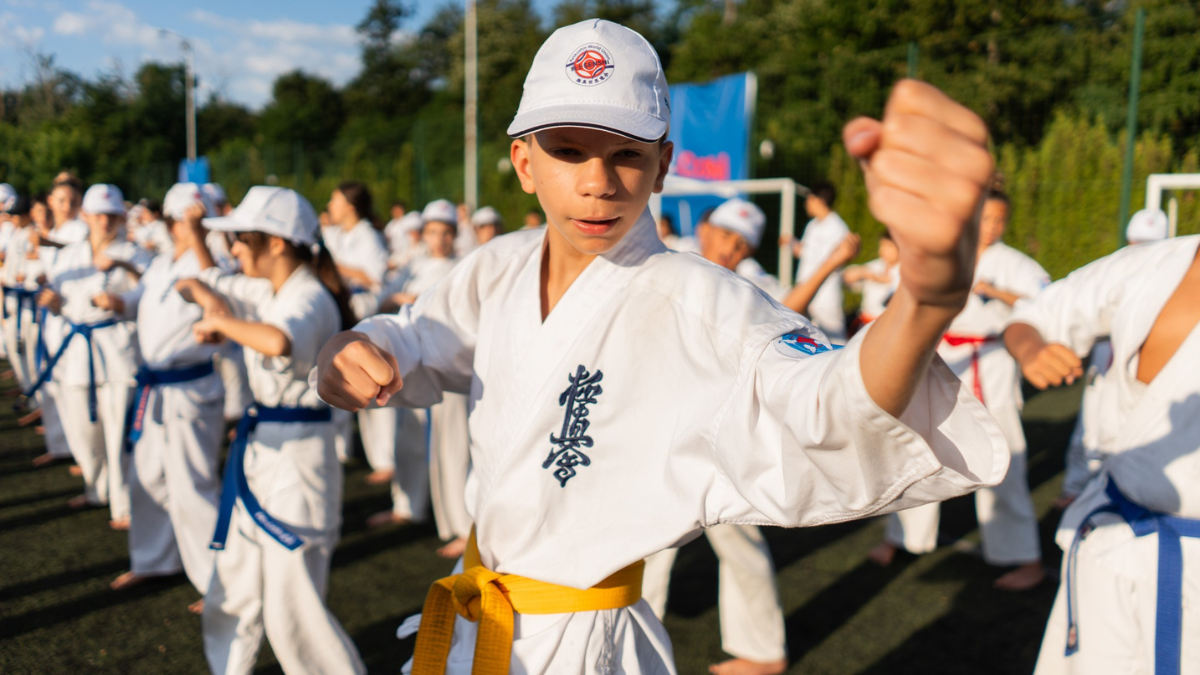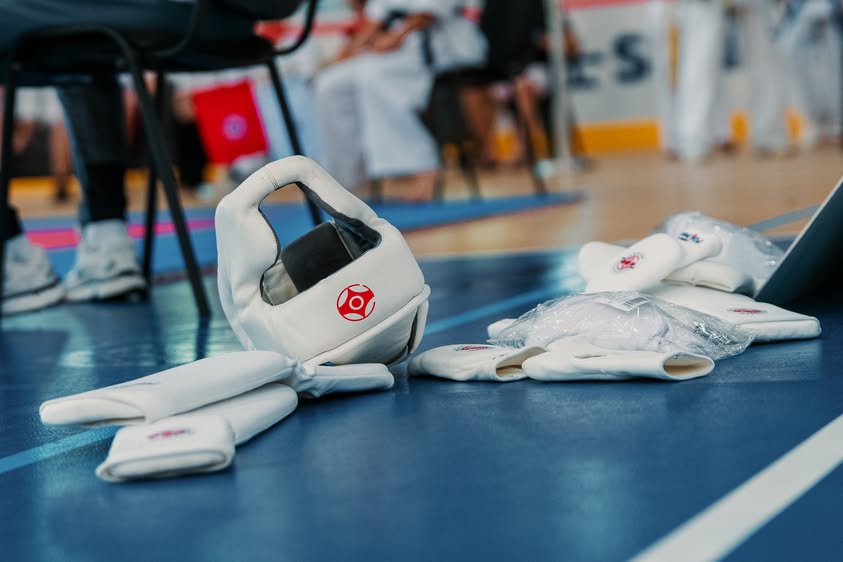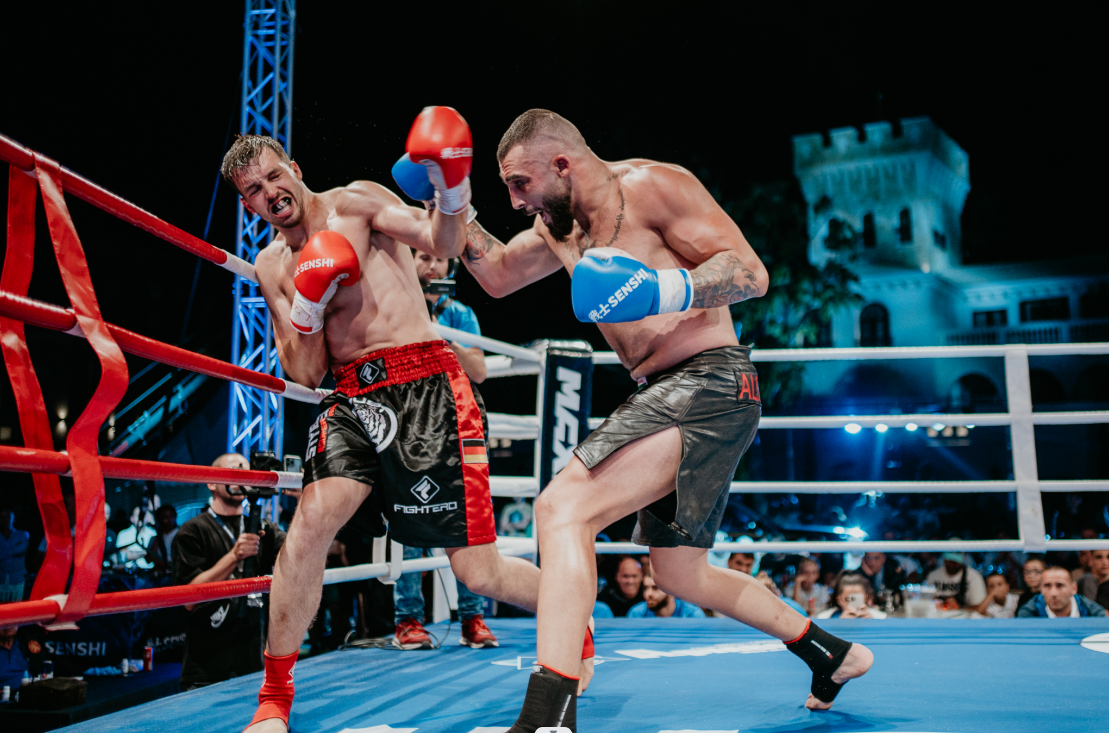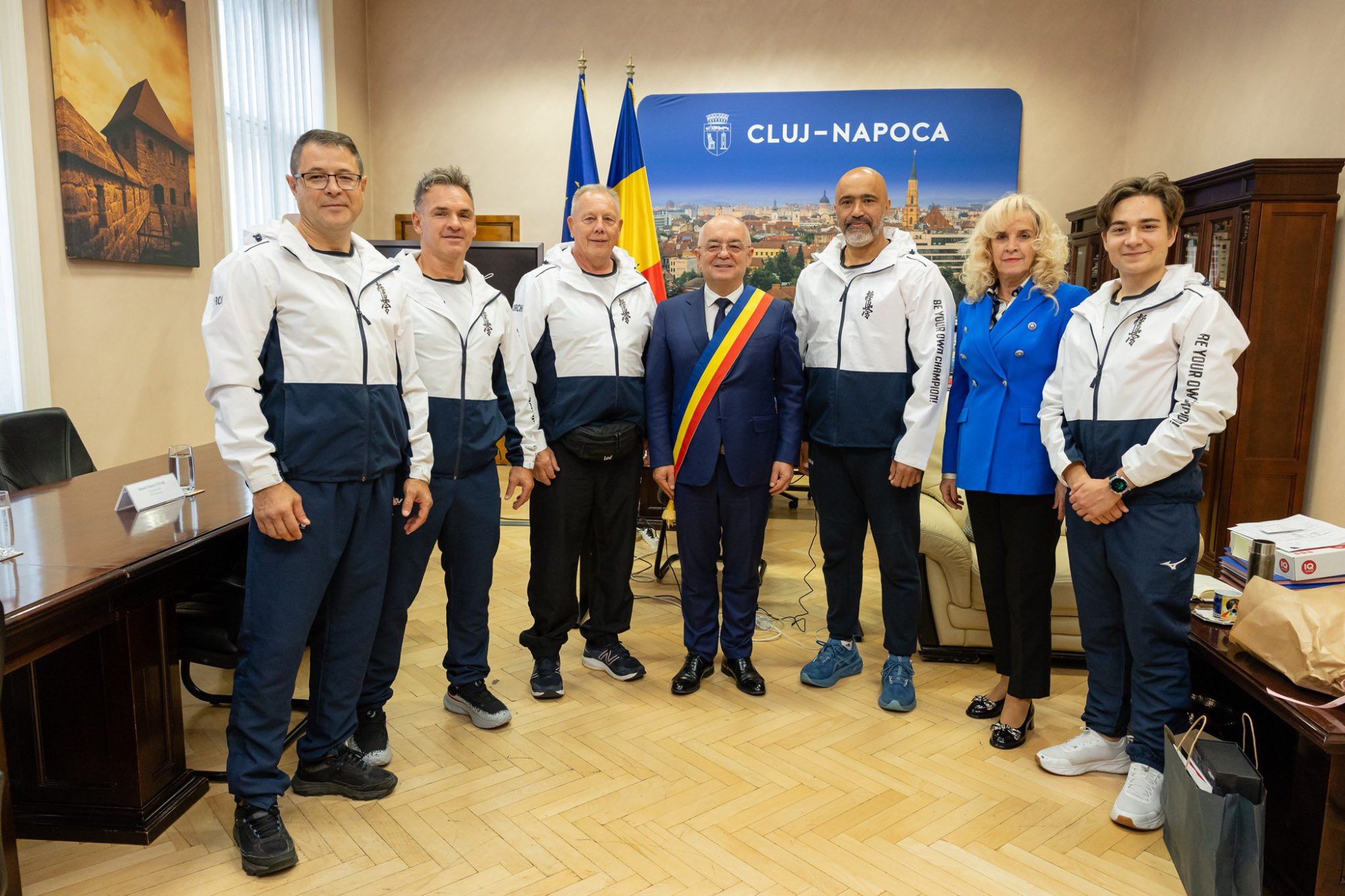
News

Ognyan Mirchev – An IT Expert with Boxing Gloves
Ognyan Mirchev has earned three victories in the professional fight gala series SENSHI, with his latest appearance in December 2024. His fighting style is highly dynamic and entertaining, and his next match is set for SENSHI 26 GLADIATORS, to be held on May 17 at the gladiator’s arena in the Ancient Theatre in Plovdiv. Here’s what he shared in an interview for Plovdiv-based media “Marica”.
How much time do you usually need to prepare for a professional fight?
I’d say it depends on the specific upcoming match and my current form, but if I had to give a straight answer, it would be several months. For one professional bout, I typically need 7–8 weeks of strict training. It follows a consistent and disciplined schedule, with two training sessions a day, clean eating, proper sleep, no clubbing, and no late-night distractions.
So, it’s like going into battle mode? Do you stick to a fixed schedule from morning till night?
Exactly. That’s how I’d describe it. And I’m the type of person who likes to plan my daily life, challenges, and tasks long-term. I think far ahead to avoid running into a wall and wondering what to do next. So yes, everything is scheduled by day and hour.
Would you say this tendency to plan ahead is a personality trait or something shaped by your profession? You work in the IT and cybersecurity fields, where everything is calculated down to the last detail.
I’d say it’s a bit of both. On one hand, my job teaches me to focus on prevention – to anticipate things. And that’s best done with a clear plan. But a plan alone isn’t enough – you also need discipline to stick to it. That’s where sports come in. Fighting sports taught me incredible discipline and played a huge role in shaping who I am today. I can honestly say that kickboxing has helped make me who I am. I started training at age 15 and haven’t stopped since.
For some people, sports are a hobby. For me, it’s a way of life. That’s the key factor that built me up as a person and gave me confidence in who I am. Without it, I don’t know where or who I’d be today. With my accomplishments, I hope I can be a good role model for kids and young people who may lack discipline or direction in life.
As a professional athlete, who do you train with, and who has influenced your development most?
My coach, Nikola Nikolov, is the central figure in my team. I’m grateful for everything he gives – time, effort, and emotion. I also rely on a guy at the club who handles my recovery and nutrition. In Bulgaria, it’s common for one coach to manage everything. He sets my pace and defines every type of workout.
It’s not like abroad, where you have a strength coach, a separate boxing coach, a kickboxing coach, and even someone just for kicks. I work directly with three, sometimes four people. These are the people I rely on – my coach, a nutrition and recovery specialist, and others who support my performance.
Is pushing your physical limits the toughest part of combat sports? Like moving to a higher weight class?
Yes, when you’ve reached your limit and want to move to a higher level, that’s tough. But the challenge isn’t necessarily about your weight class. Lighter categories aren’t easier – a fight is a fight, no matter the weight.
The hardest thing is exceeding your own personal best. An athlete’s career isn’t a straight ladder – sometimes it’s more like a mountain, with both ascents and descents.
Would you say mental strength is what separates lasting success from fleeting moments of glory?
Definitely, many underestimate the mental side. It’s not about always having a win-at-all-costs mindset. In the long term, it helps more to believe in what you’re doing and to have a long-term vision for your goals.
From my experience, I’d say the difference between a successful and unsuccessful fighter is all in the mind. Motivation is built daily.
Outside of sports, how do you manage your IT career and your training?
First, I enjoy working in IT and cybersecurity. And second, my job doesn’t demand heavy physical labor. My friends joke that I’m like a digital bodyguard instead of a bouncer.
Sure, I get tired after a long day, but it’s mostly mental fatigue. Training helps relieve that – it’s my anti-stress and antidepressant. Even on the hardest days – early morning training, intense work with urgent tasks – by the end of the day, the gym is my therapy. Once I step in, all the stress disappears. It’s where I release my anger and tension. And the physical training keeps my mind strong too. My work lets me support my growth as an athlete.
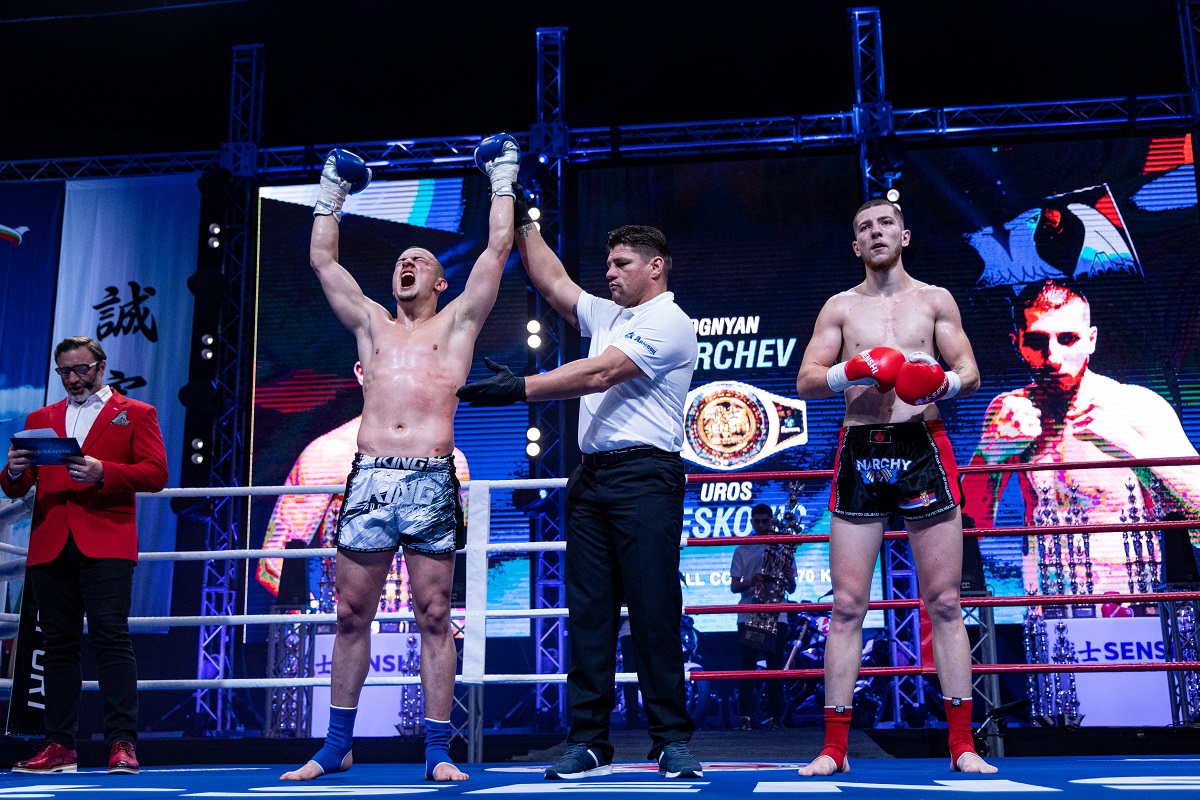
In the ring at SENSHI, we see you aggressive, fierce, and determined to win. Are you different outside of that?
At work, I have different kinds of interactions with colleagues. I’d say I’m more modest with my friends, but I’m still direct and goal-driven. Like I often say – the way you are in life is the way you are in the ring, and vice versa.
When you’re in the ring, there’s no one to help you – you’re on your own. And depending on the result, you can only blame yourself if you lose. If you win, the satisfaction comes from knowing you gave your all for the audience and that your hard work paid off.
What’s next for you personally and professionally after SENSHI 26 on May 17?
Personally, things are going well. I’m still young for major life decisions, and the best things are still ahead.
In sports, I have high hopes. I dream of winning a SENSHI title – whether it’s a European or world belt. I’m expecting to be invited for a title match soon. There’s no champion in my weight class yet. I’m ready to face any tough and experienced opponent, whoever steps into the ring with me – I’d even take on a five-round match!







